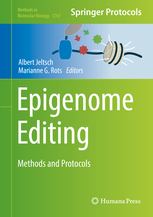Consortium
- Consortium
- Universiteit van Amsterdam (UVA)
- Imperial College London
- German Cancer Research Center
- University of Milano-Bicocca
- Rijksuniversiteit Groningen
- Biological Research Centre of the Hungarian Academy of Sciences
- Epiontis GmbH
- ETH Zurich
- Synvolux Therapeutics
- Fraunhofer-Chalmers Centre
- FH Joanneum
- Rathenau Instituut
- Biotecture-Science Matters
- Clinicageno
- AHT Management
- Desktop Genetics Ltd




